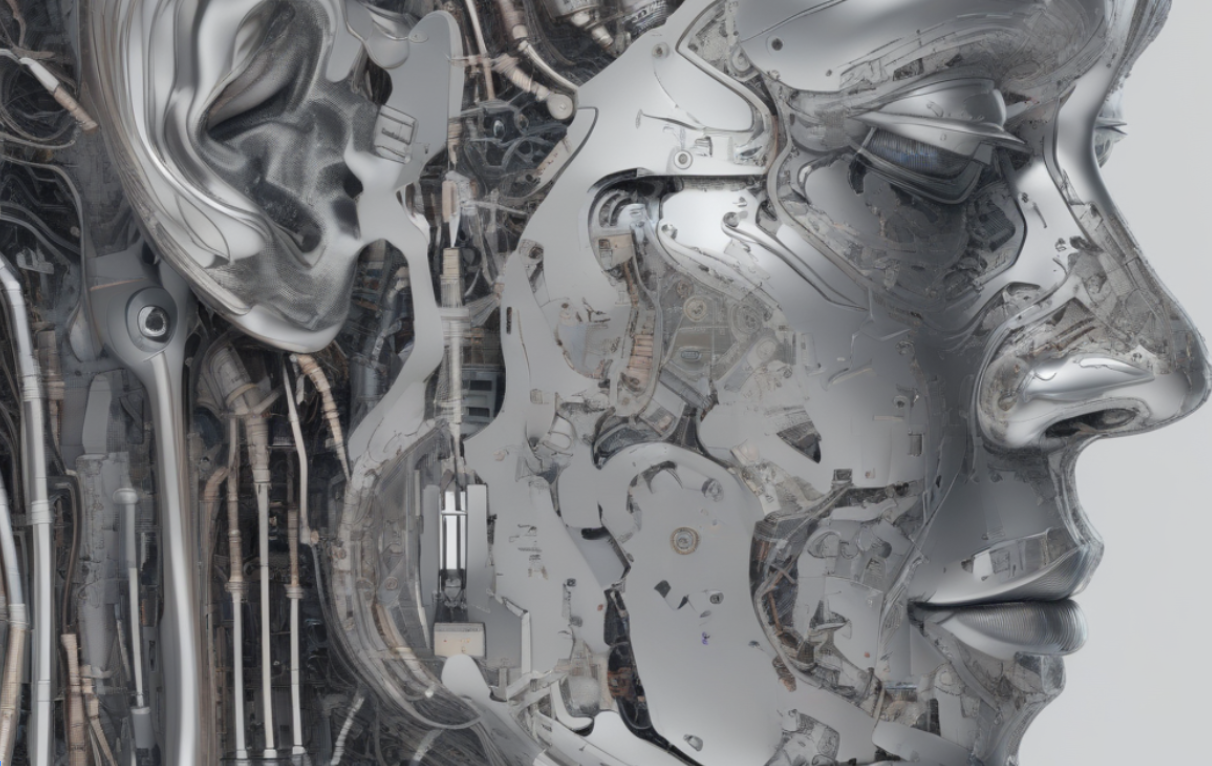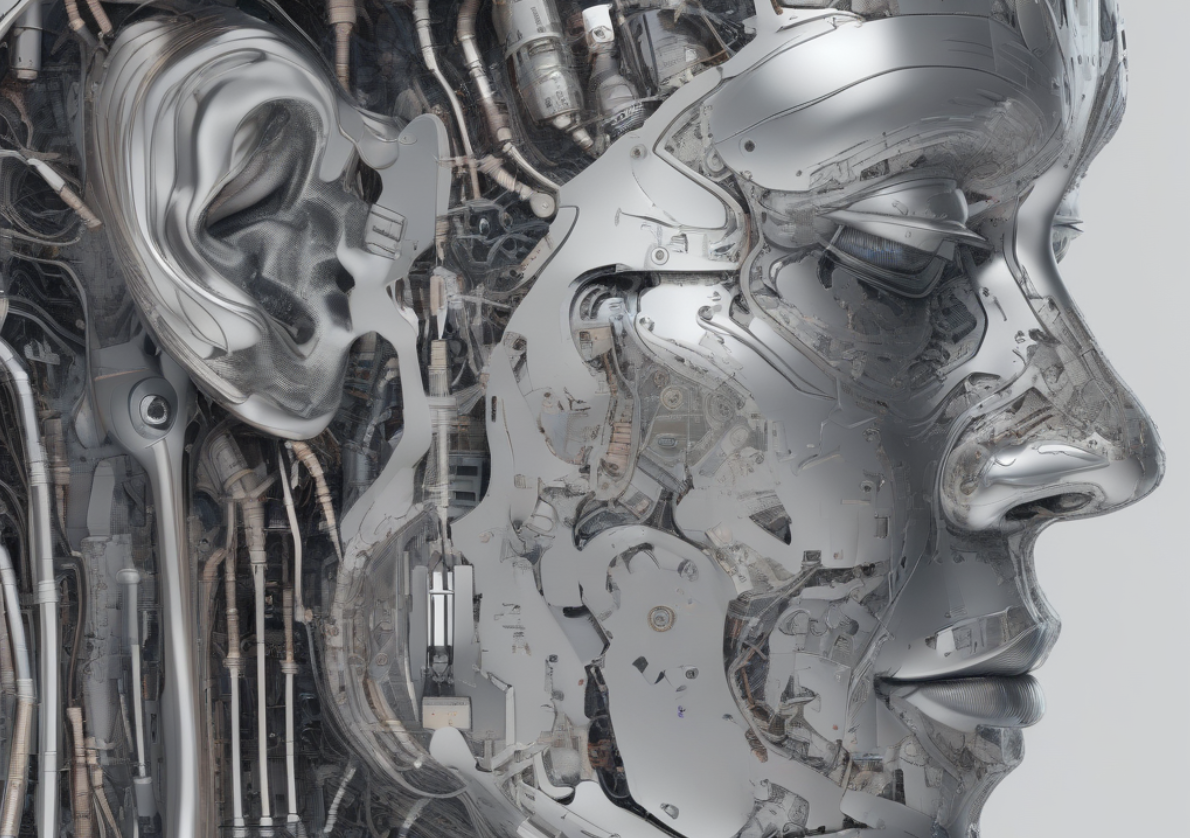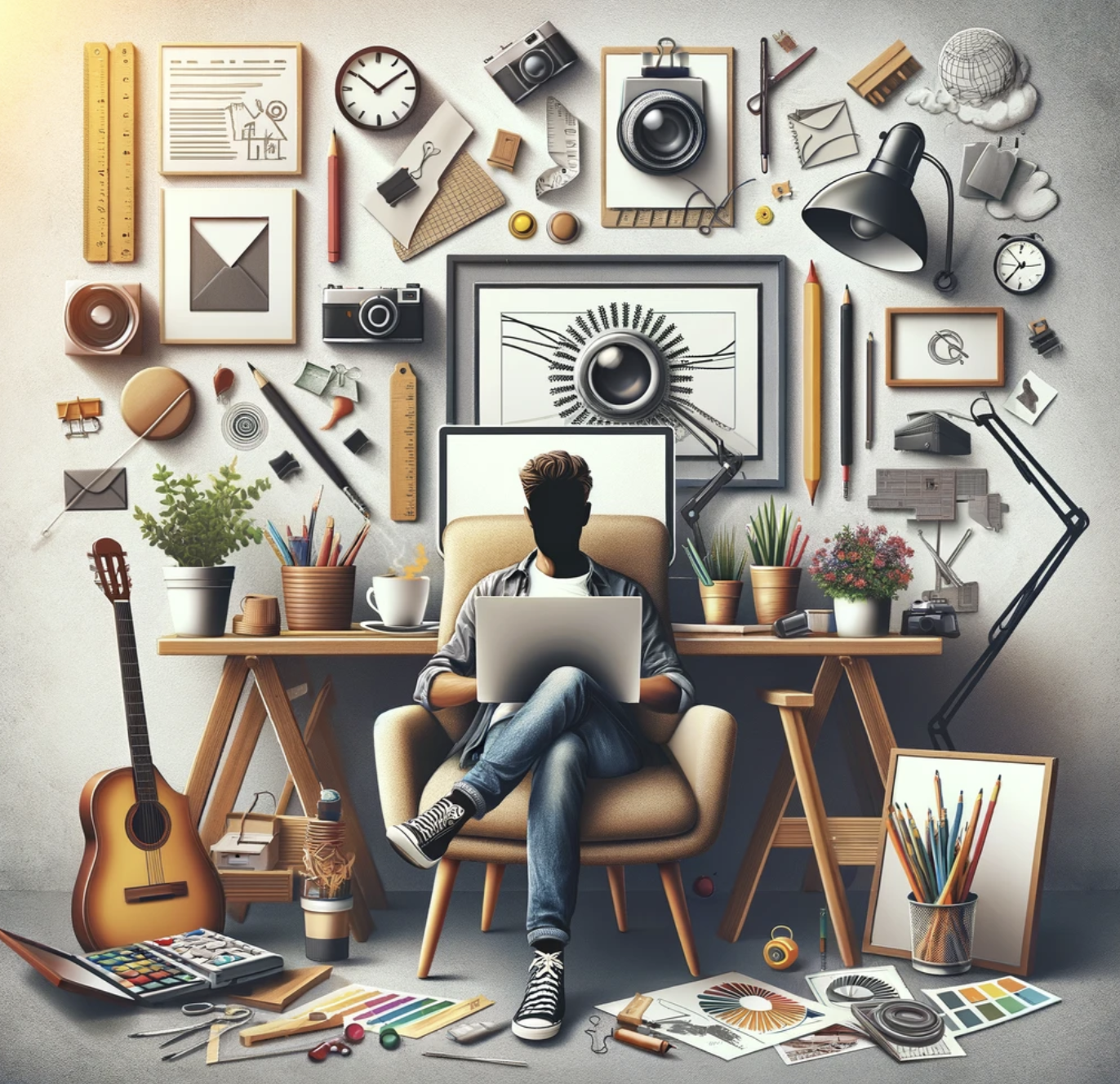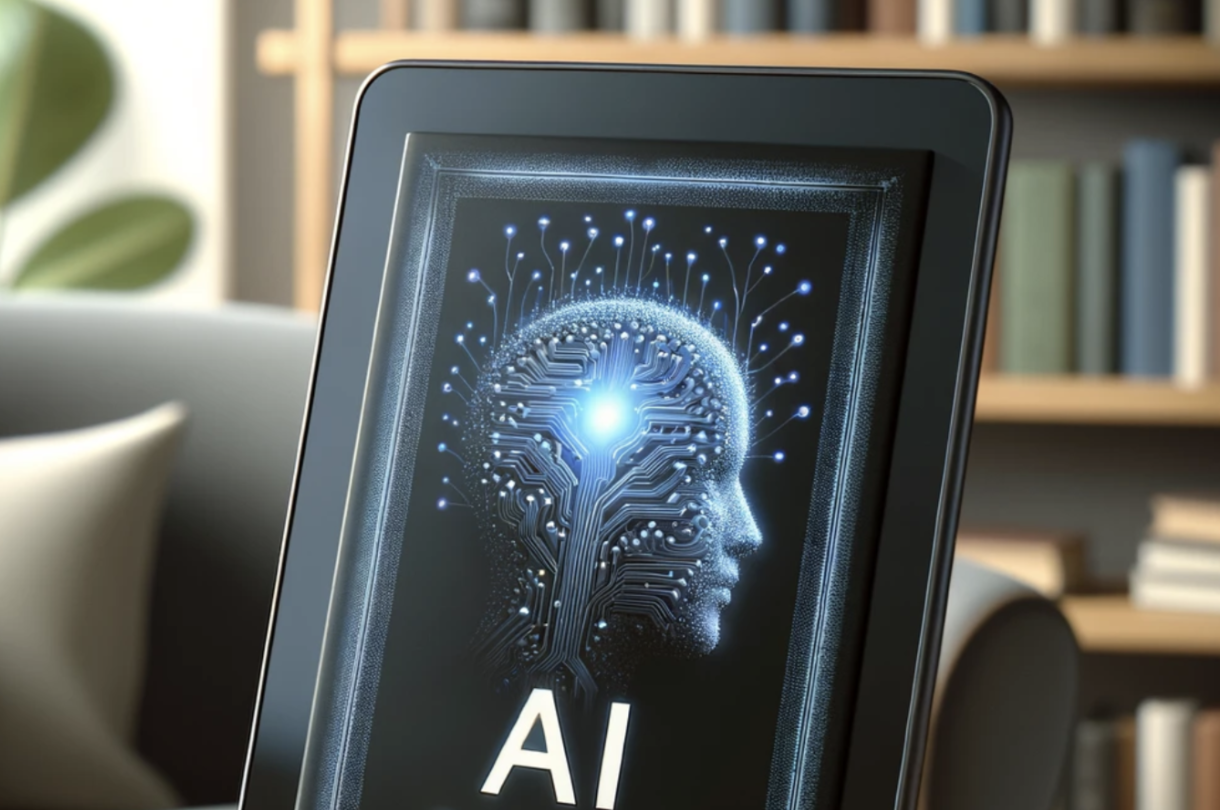
The Evolution of Generative AI Tools: A Look into the Future

Introduction
In the rapidly evolving world of technology, Generative AI tools have emerged as a groundbreaking force, reshaping industries and creative processes. These tools, powered by artificial intelligence, are not just tools; they are collaborators that extend human creativity and capability. This article delves into the evolution of Generative AI tools, exploring their impact and what the future may hold.
The Dawn of Generative AI
Generative AI began as a concept deeply rooted in machine learning and neural networks. Early iterations focused on basic tasks like pattern recognition. However, as technology progressed, these AI systems started learning and creating - generating text, images, and even code. This marked a significant leap from traditional AI's analytical functions to a more creative and generative role.
Current Landscape of Generative AI Tools
Today, Generative AI tools are ubiquitous in various sectors. In content creation, tools like GPT-4 revolutionize how we write and generate content, offering everything from blog posts to full-fledged articles. Graphic designers leverage AI to create visuals and art, transforming vague ideas into tangible images. In software development, AI-assisted programming tools are no longer a novelty but a necessity, streamlining the coding process and reducing human error.
Impact on Creative Industries
One of the most significant impacts of Generative AI is in the creative industries. Writers, artists, and designers are harnessing these tools to push the boundaries of creativity. AI-generated art is not just mimicking human art; it's creating new forms and styles, challenging our perception of creativity and originality.
Generative AI in Business and Marketing
Businesses are not far behind in adopting these tools. From generating market reports to creating targeted advertising campaigns, AI tools are becoming indispensable. They offer unprecedented personalization in marketing, creating content that resonates with each unique customer.
Challenges and Ethical Considerations
Despite its promise, the rise of Generative AI raises ethical questions and challenges. Issues like the potential for misuse, copyright concerns, and the impact on jobs are at the forefront of discussions. As these tools become more sophisticated, the need for clear ethical guidelines and responsible use becomes more critical.
What the Future Holds
The future of Generative AI is as exciting as it is uncertain. We are looking at a world where AI tools could become creative partners, offering new ways of solving problems and creating art. The integration of AI in education could revolutionize how we learn and teach, making personalized learning a reality.
Concluding Thoughts
Generative AI tools are not just a technological advancement; they are a paradigm shift in how we create, work, and think. As we stand at the brink of this AI-driven era, it's essential to embrace these changes responsibly, ensuring that these tools serve to enhance human creativity and productivity.
FAQs
Q: What are Generative AI Tools?
A: Generative AI tools are AI systems that can create content - be it text, images, or code - autonomously, based on their training data and algorithms.
Q: How are Generative AI Tools impacting industries?
A: These tools are revolutionizing industries by automating creative processes, enhancing personalization in marketing, and streamlining workflows in software development, among others.
Q: What ethical considerations arise with Generative AI?
A: Ethical concerns include the potential for misuse, copyright and intellectual property issues, and the impact on employment in creative fields.
Q: Can Generative AI replace human creativity?
A: While Generative AI can augment and enhance human creativity, it is not a replacement. The human touch, understanding, and emotional depth are irreplaceable in creative work.
Q: How can one responsibly use Generative AI?
A: Responsible use involves understanding the tool's capabilities and limitations, adhering to ethical guidelines, and using AI as a complement to human skills rather than a replacement.

